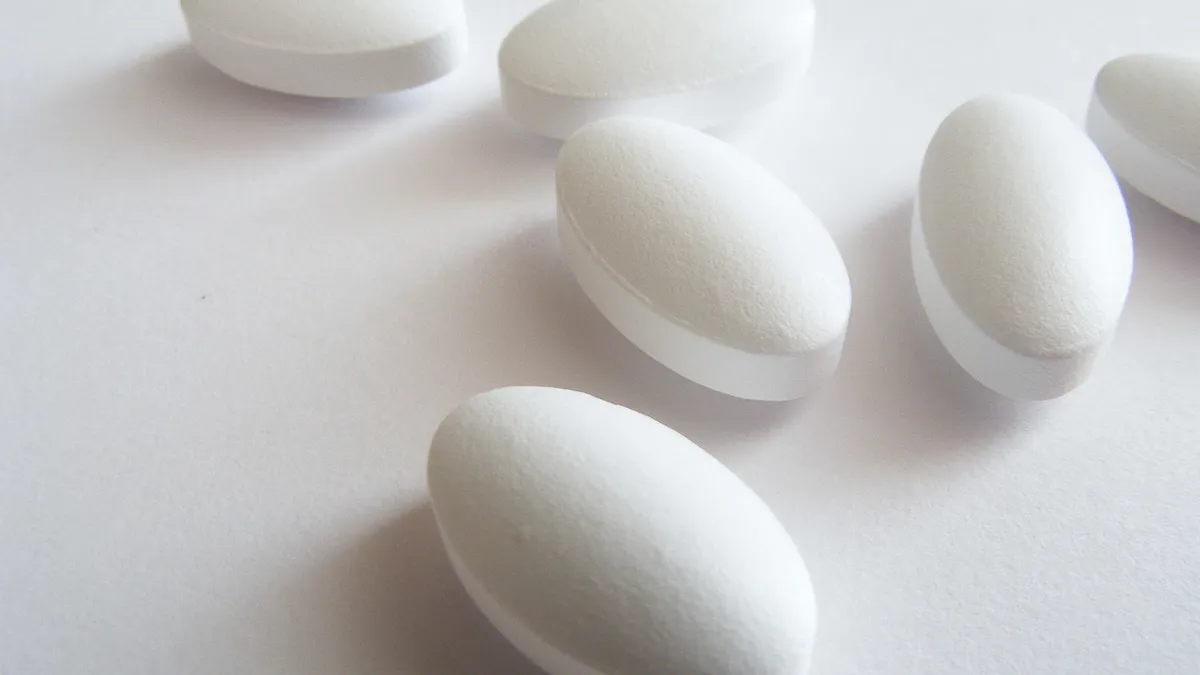Dive Brief:
- Last year, U.S. workers took drug tests 9.1 million times, according to The Atlantic. Analysis of about 350,000 of those "pee cups" indicated drug use. Most often, the drug of choice was marijuana, followed by amphetamines and painkillers.
- The best estimate is that about 40% of U.S. workers are currently subjected to drug tests during the hiring process. Author Joe Pinsker says on the surface, it makes sense. A sober, addiction-free workforce is probably a more productive workforce and, in the cases of operating forklifts or driving 18-wheelers, a safer workforce too, he writes.
- But all that effort may be time and money wasted, depending on the industry. For example, in many situations, drug tests aren’t capable of revealing impairment on the job and the cost of finding a single offending employee is high. Pinsker questions the role should drug testing play in the workplaces of 2015.
Dive Insight:
Pinsker cites SUNY Buffalo’s Michael Frone, who wrote a book titled "Alcohol and Illicit Drug Use in the Workforce and Workplace," which tries to answer that question. Frone's book points out that arguments for drug testing have some significant holes.
First, as Frone writes in his book, there isn’t any proof that drug tests reduce drug use. In fact, a stronger deterrent effect might be that casual drug users choose not to work for companies that will test them. Of course, those employers might be missing out: More than half of Americans said they have tried marijuana, which is a big pool of talent to ignore.
Frone’s view is that drug testing should be used for jobs in which safety is the concern—forklift operators, truck drivers, train engineers, pilots—but phased out elsewhere. And as more states experiment with medical and recreational marijuana legalization, it's going to become an increasing issue for HR and employers across the nation. So far, studies have indicated that employers in states legalizing certain narcotics are still not ditching their drug tests.











